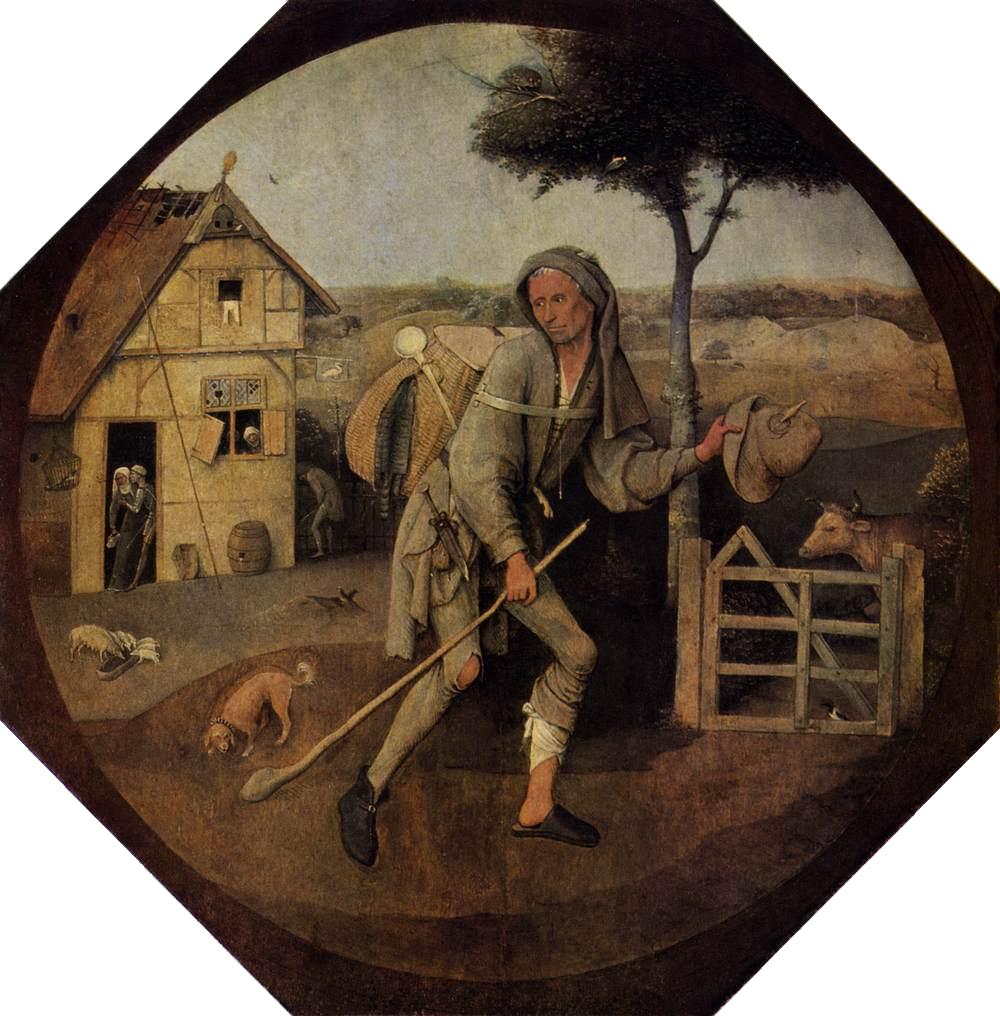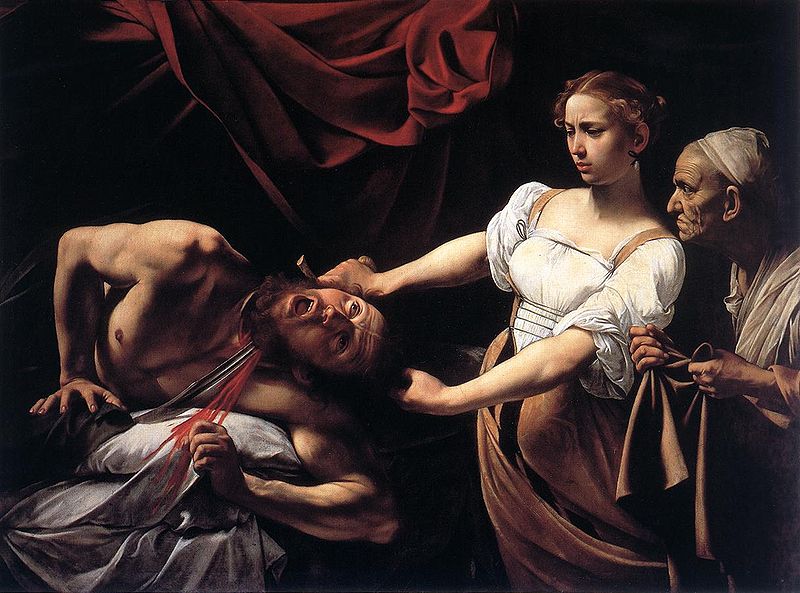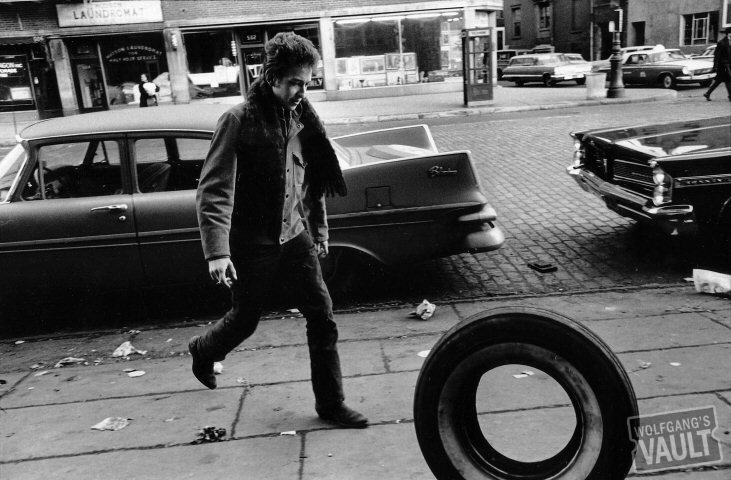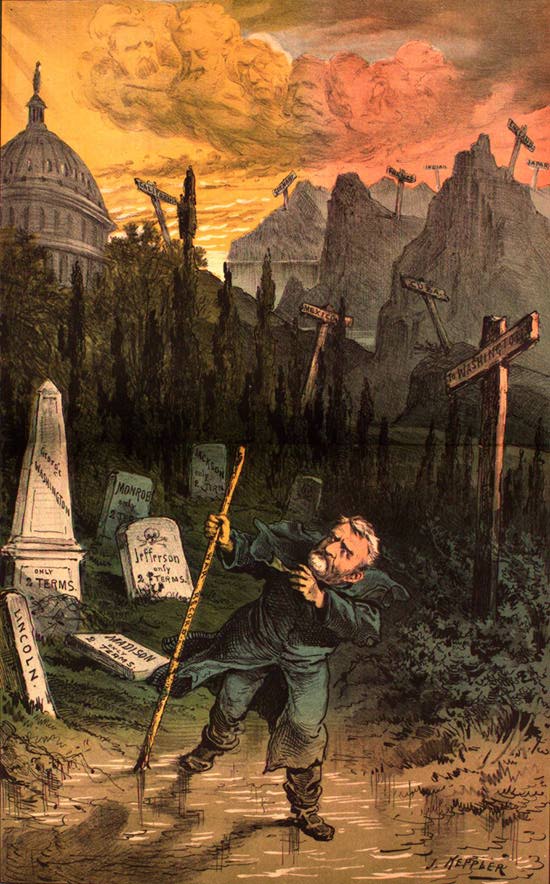The wandering jew. The white man’s burden has forced the heavy lifting onto the yid but the pop culture articulation of the concept is actually more profound and complex than its various manifestations would care to admit. Once man and woman chomped on the tree of knowledge, the need for earthly experience became forced upon them. Earth became both inheritance and nuisance. A love-hate relationship and abandoned by god, a seemingly harsh punishment in respect to the crime, the individual could easily fall into error and compiling mistake upon mistake.Yet, it is in this wandering that the individual can eventually find real freedom.
According to the legend, the Wandering Jew was a shoemaker at Jerusalem. The Saviour, carrying his cross, passed before the house of the cobbler and asked him to be allowed to rest a moment on the bench at his door. The jew refused pushing him away. The Prince of Peace cast the magic spell on the petit-bourgeois condemning him to go on until the end of time. Kafka expressed similar themes already dwelt on with Baudelaire on the feelings of alienation, the outsider,the marginal and knowing your life is decided often by forces beyond control; ideas that would prove to be among the most widespread among people of all stripes in the twentieth century, accentuated by consumerist, capitalist society’s leitmotif of creative destruction and mobility.

---Bosch's self-criticism is by no means gentle, rather the opposite! The parable of the prodigal son had become for Bosch a picture of human life on earth. Living on earth certainly implies that one is far from the spiritual world and it also means that one is exposed to the influence of opposing spiritual forces, is tapping about in the dark, and lives in misery. It is interesting that the German word "Elend" (used in the parable in German to describe the prodigal's misery), once bore the meaning of exile -- he who lives in "Elend" or exile experiences doubts, deprivation and want.--- Read More:http://www.american-buddha.com/cult.hieronymusbosch.1.htm
The tradition of the Jewish prophets is also inflected with a messianic, redemptive promise. The peace dividend from the trust inherent to the Covenant, even if that redemptive promise has proven to be illusory and unfounded, the perennial kicking the can down the road to Damascus, the “yet to come” phenomenon and captured perfectly by Robert Woodruff, the Coca Cola CEO who coined, “within a arm’s length of desire.”
Perhaps the messianic is not predicated upon revelation at all, or a flash-mob conversion, but may rest, paradoxically on the concept that the messiah cannot come. That is, as expressed by Derrida, Kafka, even to a degree Walter Benjamin; The possibility and liklihood of the messiah’s coming is predicated on the impossibility of the messiah’s arrival.
Wolfson points to similar ideas not only in Franz Kafka, but also in Nahman of Bratslav. For example, he informs us that Rabbi Nahman told a
tale of a “footless beggar” who does not come to the wedding, and which in Bratslav tradition is symbolic of the Messiah.Read More:http://www.newkabbalah.com/JDK.pdfa

---Then her eyes rest on the tall statue of stone, representing St. John. The head, which the martyr carries in his hand, seems, from beneath its half-closed granite eyelid, to cast upon the Wandering Jewess a glance of commiseration and pity. And it was she, Herodias who, in the cruel intoxication of a pagan festival, demanded the murder of the saint! And it is at the foot of the martyr's image, that, for the first time, the immortality, which weighed on her for so many centuries, seems likely to find a term! "Oh, impenetrable mystery! oh, divine hope!" she cries. "The wrath of heaven is at length appeased. The hand of the Lord brings me to the feet of the blessed martyr, and I begin once more to feel myself a human creature. And yet it was to avenge his death, that the same heaven condemned me to eternal wanderings! "Oh, Lord! grant that I may not be the only one forgiven. May he—the artisan, who like me, daughter of a king, wanders on for centuries—likewise hope to reach the end of that immense journey! --- Read More:http://www.gutenberg.org/files/3350/3350-h/3350-h.htm
ADDENDUM:
“Alas! such is my punishment. It is immense, it is two-fold. I suffer in the name of humanity, when I see these wretched multitudes consigned without respite to profitless and oppressive toil. I suffer in the name of my family, when, poor and wandering, I am unable to bring aid to the descendants of my dear sister. But, when the sorrow is above my strength, when I foresee some danger from which I cannot preserve my own, then my thoughts, travelling over the world, go in search of that woman like me accursed, that daughter of a queen, who, like me, the son of a laborer, wanders, and will wander on, till the day of her redemption….

Jim Marshall photo. Image:http://www.wolfgangsvault.com/bob-dylan/photography/fine-art-print/JMP0002.html Zizek:The key is provided by the sudden rise, in the Western ideological imaginary, of the figure of the wandering „eternal Jew" in the age of Romanticism, i.e., precisely when, in real life, with the explosion of capitalism, features attributed to Jews expanded into the whole of society (since commodity exchange became hegemonic). It was thus at the very moment when Jews were deprived of their specific properties which made it easy to distinguish them from the rest of the population, and when the "Jewish question" was "resolved" at the political level by the formal emancipation of the Jews, i.e., by granting Jews the same rights as to all other "normal" Christian citizens, that their "curse" was inscribed into their very being – they were no longer ridiculous misers and usurers, but demoniac heroes of eternal damnation, haunted by an unspecified and unspeakable guilt, condemned to wander around and longing to find redemption in death. So it was precisely when the specific figure of the Jew disappeared that the ABSOLUTE Jew emerged, and this transformation conditioned the shift of anti-Semitism from theology to race: their damnation was their race, they were not guilty for what they did (exploit the Christians, murder their children, rape their women, or, ultimately, betray and murder Christ), but for what they WERE – is it necessary to add that this shift laid the foundations for the holocaust, for the physical annihilation of the Jews as the only appropriate final solution of their "problem"? Insofar as Jews were identified by a series of their properties, the goal was to convert them, to turn them into Christians; but from the moment that Jewishness co
ns their very being, only annihilation can solve the "Jewish question."
…”Once in a century, as two planets draw nigh to each other in their revolutions, I am permitted to meet this woman during the dread week of the Passion. And after this interview, filled with terrible remembrances and boundless griefs, wandering stars of eternity, we pursue our infinite course. …
…His progress towards old age, stopped for eighteen hundred years, had resumed its course. Like the Wandering Jewess, he might henceforth hope for the rest of the grave. Throwing himself on his knees, he stretched his hands towards heaven, to ask for the explanation of the mystery which filled him with hope. Then, for the first time, his eyes rested on the Crucified One, looking down upon the Calvary, even as the Wandering Jewess had fixed her gaze on the granite eyelids of the Blessed Martyr.
The Saviour, his head bowed under the weight of his crown of thorns, seemed from the cross to view with pity, and pardon the artisan, who for so many centuries had felt his curse—and who, kneeling, with his body thrown backward in an attitude of fear and supplication, now lifted towards the crucifix his imploring hands.
“Oh, Messiah!” cried the Jew, “the avenging arm of heaven brings me back to the foot of this heavy cross, which thou didst bear, when, stopping at the door of my poor dwelling, thou wert repulsed with merciless harshness, and I said unto thee: ‘Go on! go on!’—After my long life of wanderings, I am again before this cross, and my hair begins to whiten. Oh Lord! in thy divine mercy, hast thou at length pardoned me? Have I reached the term of my endless march? Will thy celestial clemency grant me at length the repose of the sepulchre, which, until now, alas! has ever fled before me?—Oh! if thy mercy should descend upon me, let it fall likewise upon that woman, whose woes are equal to mine own! Read More:http://www.gutenberg.org/files/3350/3350-h/3350-h.htm








 COMMENTS
COMMENTS



